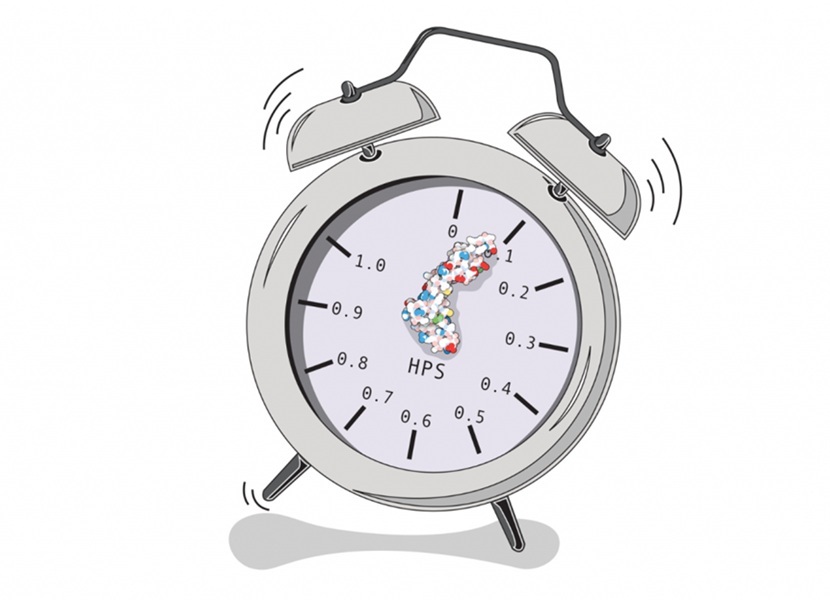Blood-Based Proteomic Score Predicts Healthspan and Disease Risk
Posted on 12 Jun 2025
While aging is inevitable, how each person ages—and how long they remain healthy—varies greatly. Accurately predicting who will live longer in good health, known as healthspan, remains a challenge. Now, researchers have developed a new blood-based proteomic signature that offers a powerful tool for predicting individual health trajectories and assessing the risk of age-related diseases.
The Healthspan Proteomic Score (HPS), was developed by researchers from the University of Connecticut School of Medicine (Farmington, CT, USA) along with collaborators to create a robust method of measuring biological aging, beyond simply counting years. By drawing on large-scale data from diverse populations, the team aimed to build a reliable, scalable indicator of long-term health. The test analyzes proteomic data—comprehensive information about proteins circulating in the blood. By studying over 53,000 participants in the UK Biobank, the researchers identified a specific panel of proteins whose collective expression could reflect an individual’s biological health. These proteins were then used to generate the HPS. A lower score indicates poorer biological health and is linked with a higher risk of developing serious conditions like heart failure, diabetes, stroke, and dementia. Importantly, these associations held even after accounting for chronological age and other health factors, distinguishing HPS from other aging metrics.

To confirm its validity, the team tested the HPS in an independent Finnish cohort. The score showed superior predictive performance compared to existing measures of biological aging. Not only did it correlate with higher mortality, but it also signaled increased susceptibility to chronic age-related illnesses. These findings suggest that HPS could serve as a valuable surrogate outcome in clinical trials aimed at evaluating anti-aging therapies or preventive strategies. Practically, the HPS provides a data-driven approach to understanding and potentially managing biological aging. By offering a clearer picture of an individual’s aging process and health risks, the tool could eventually enable earlier, more targeted interventions to extend years of good health. It also opens doors to new strategies for trial design in longevity research and personalized medicine.
“Our findings underscore the importance of shifting the focus from lifespan to healthspan,” said lead author Dr. Chia-Ling Kuo. “The HPS captures early biological changes in the body and may help inform interventions that promote healthier aging.”
Related Links:
UConn School of Medicine














